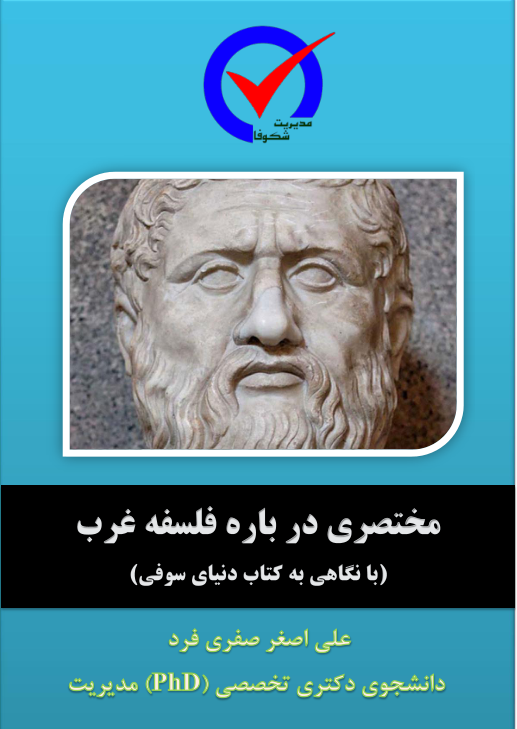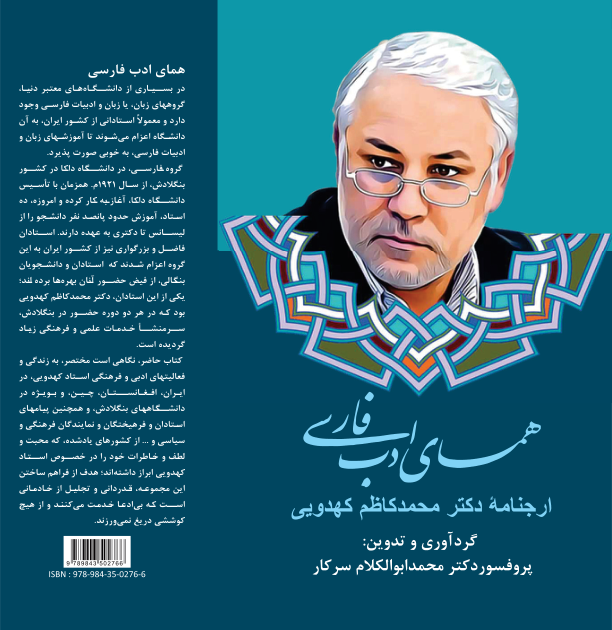In this important study, Michael Luntley offers a compelling reading of Wittgenstein’s account of meaning and intentionality, based upon a unifying theme in the early and later philosophies.
Rejecting readings which see a complete break between the Philosophical Investigations and the Tractatus, as well as views of Wittgenstein’s mature work which either lament or champion his anti-philosophical ‘quietism’, Luntley argues that Wittgenstein’s abiding concern was to show that the conditions for the possibility of intentionality consist not in a body of theoretical knowledge, but in perceptual knowledge, in our active capacity to ‘see things aright’.
 کتاب سل Ketab Sell | کتاب سل، بزرگترین منبع کتاب و جزوههای دانشجویی
کتاب سل Ketab Sell | کتاب سل، بزرگترین منبع کتاب و جزوههای دانشجویی









Reviews
There are no reviews yet.